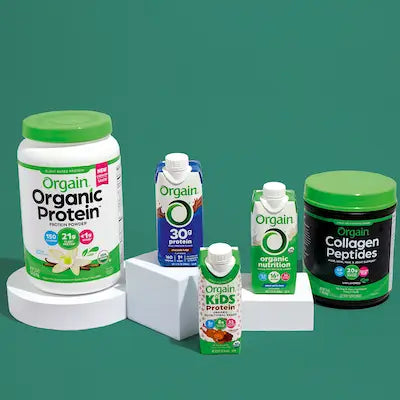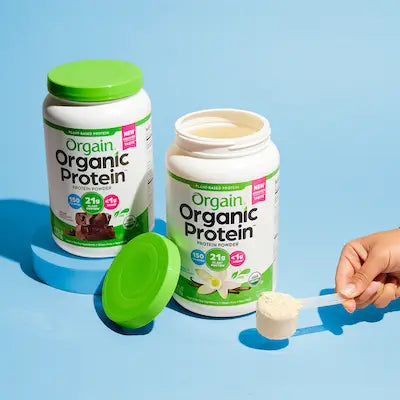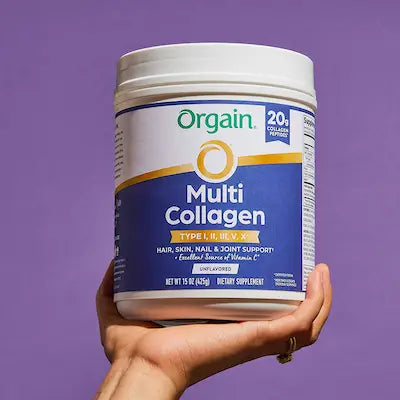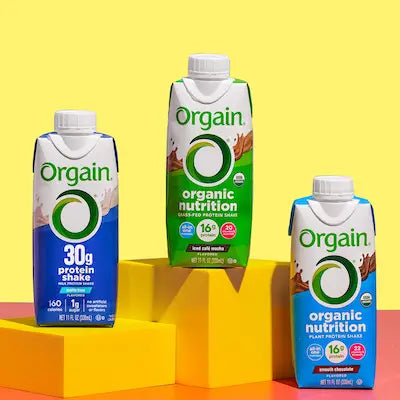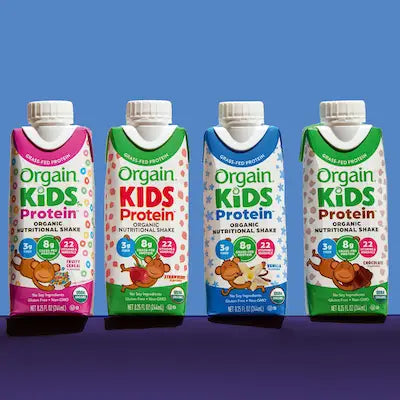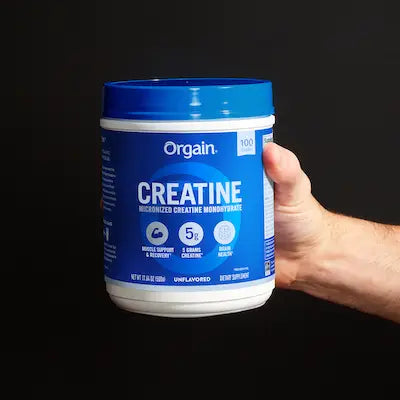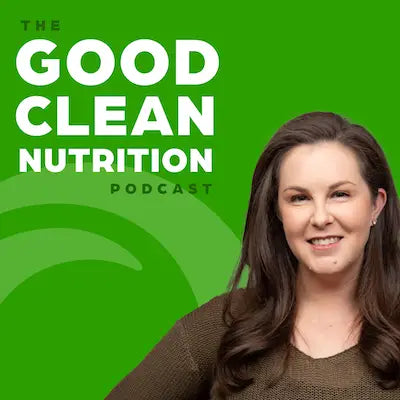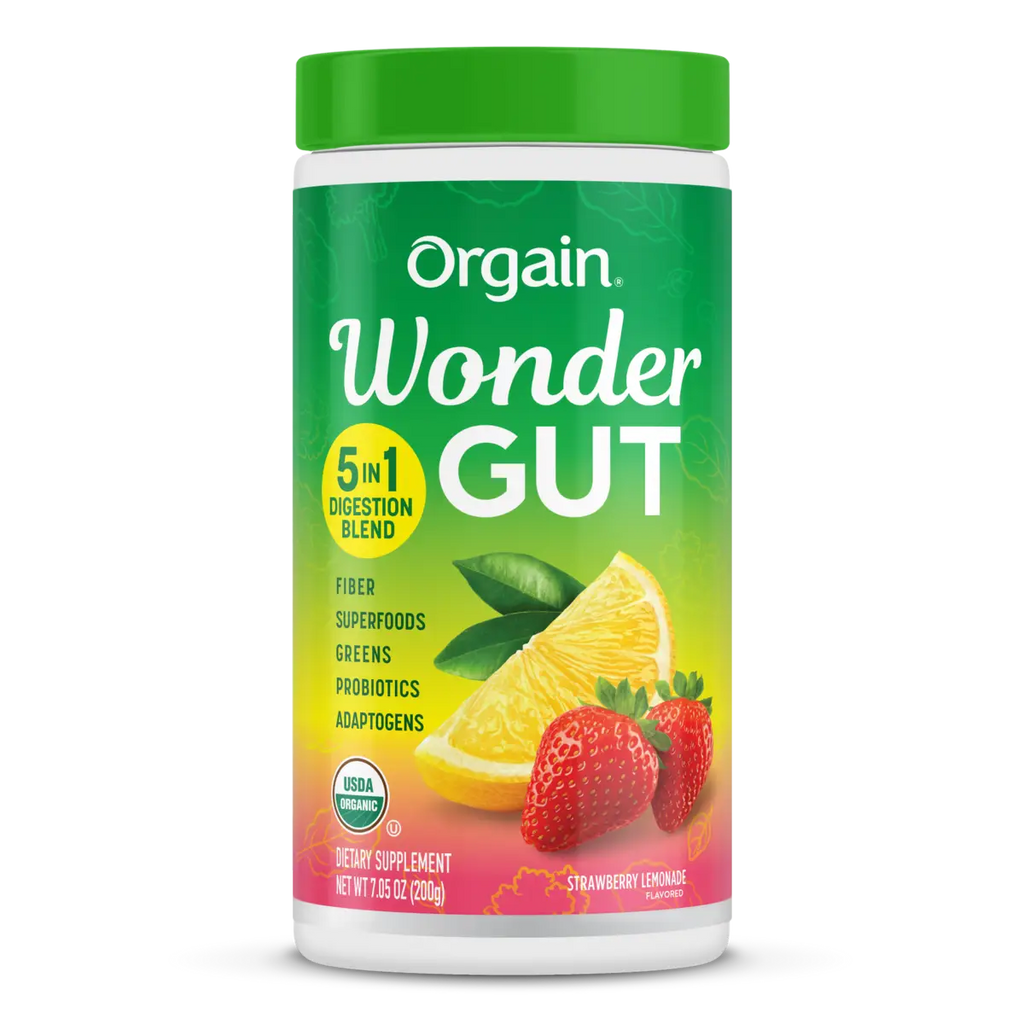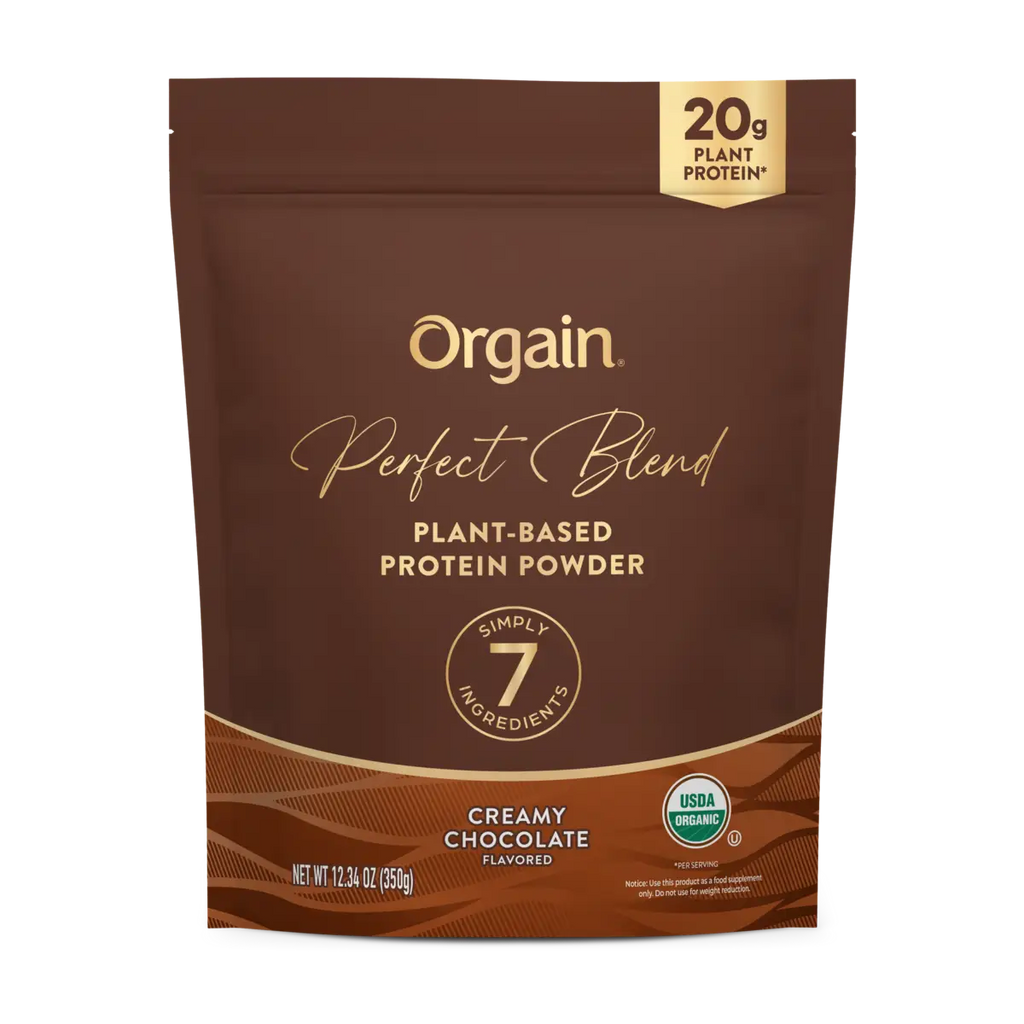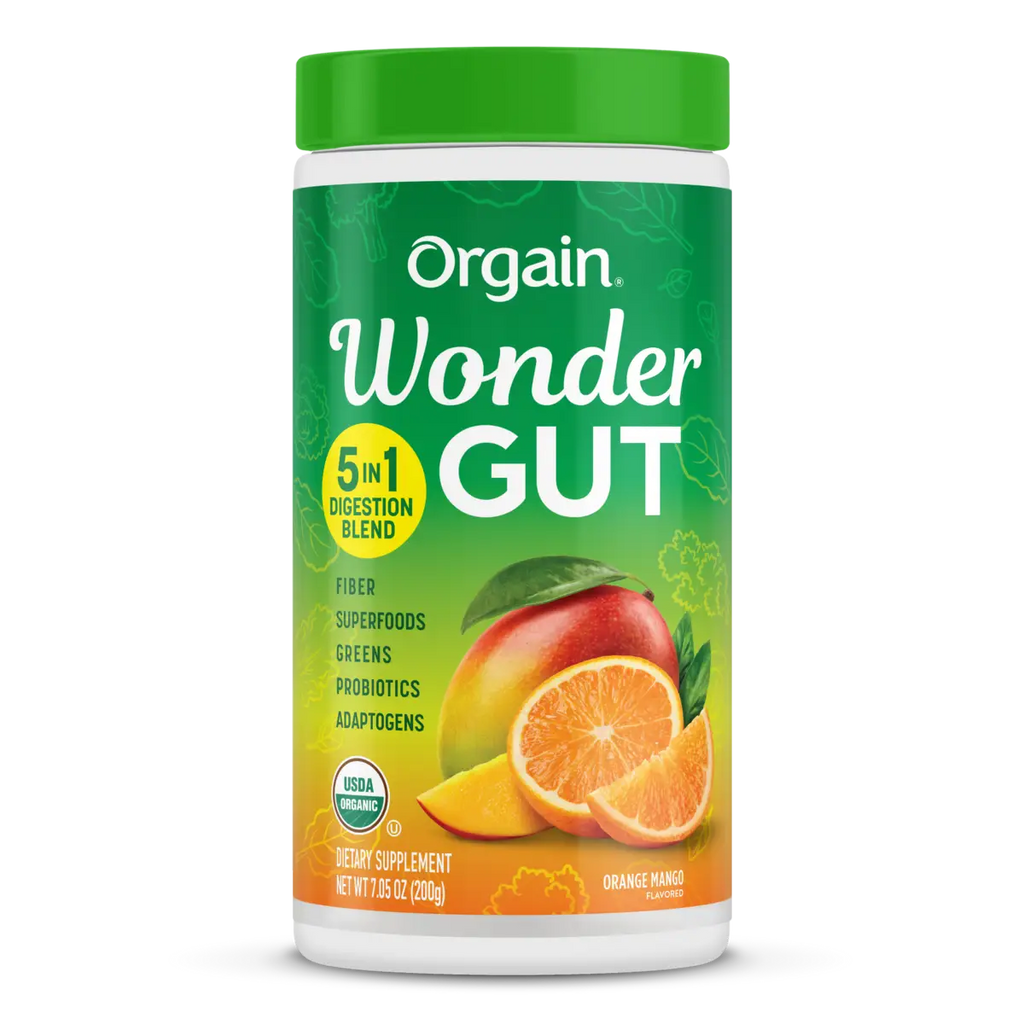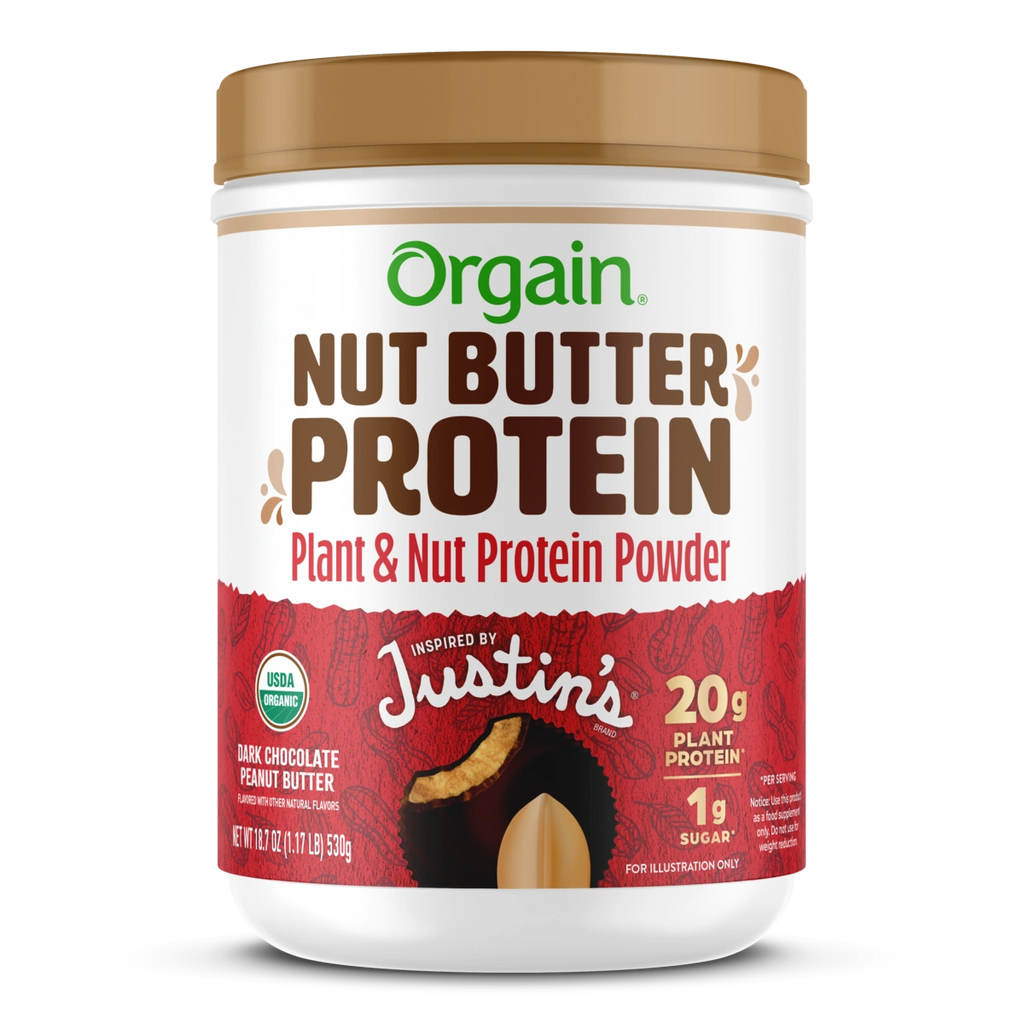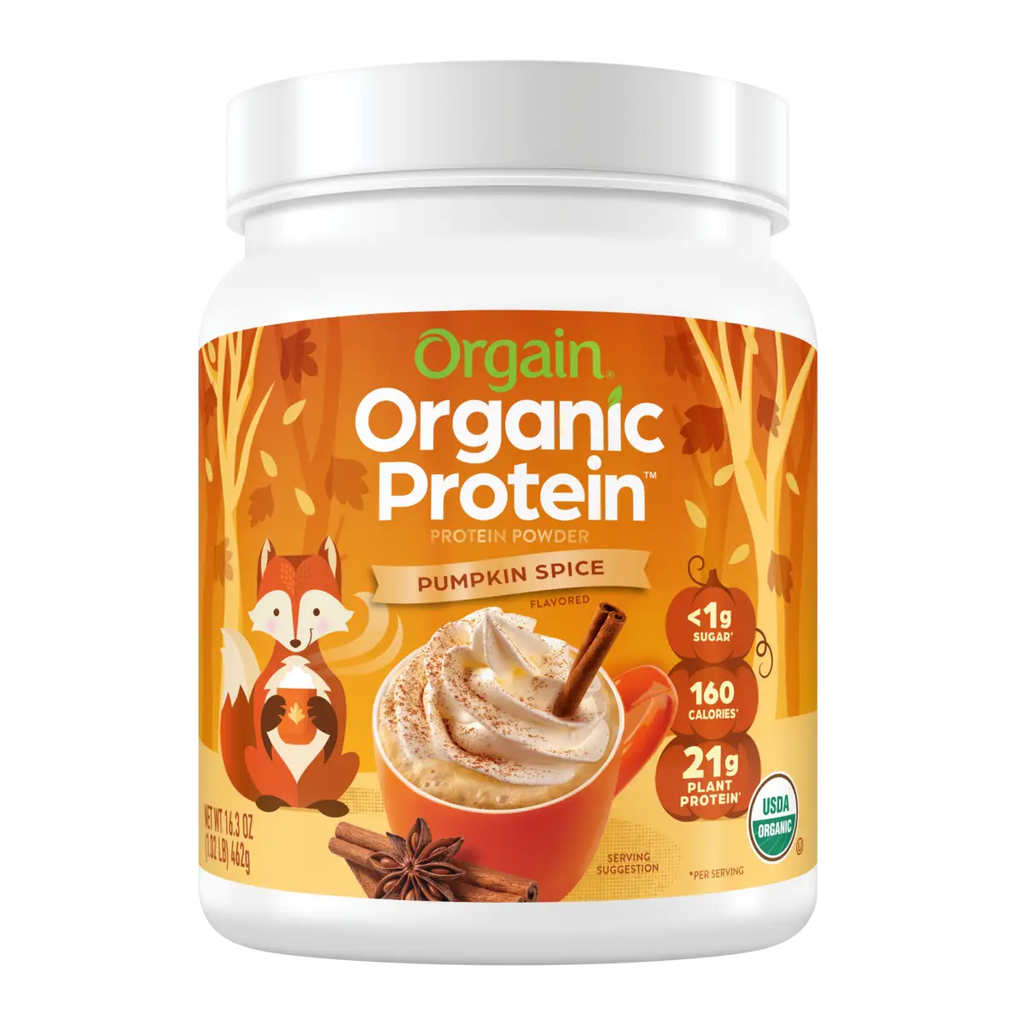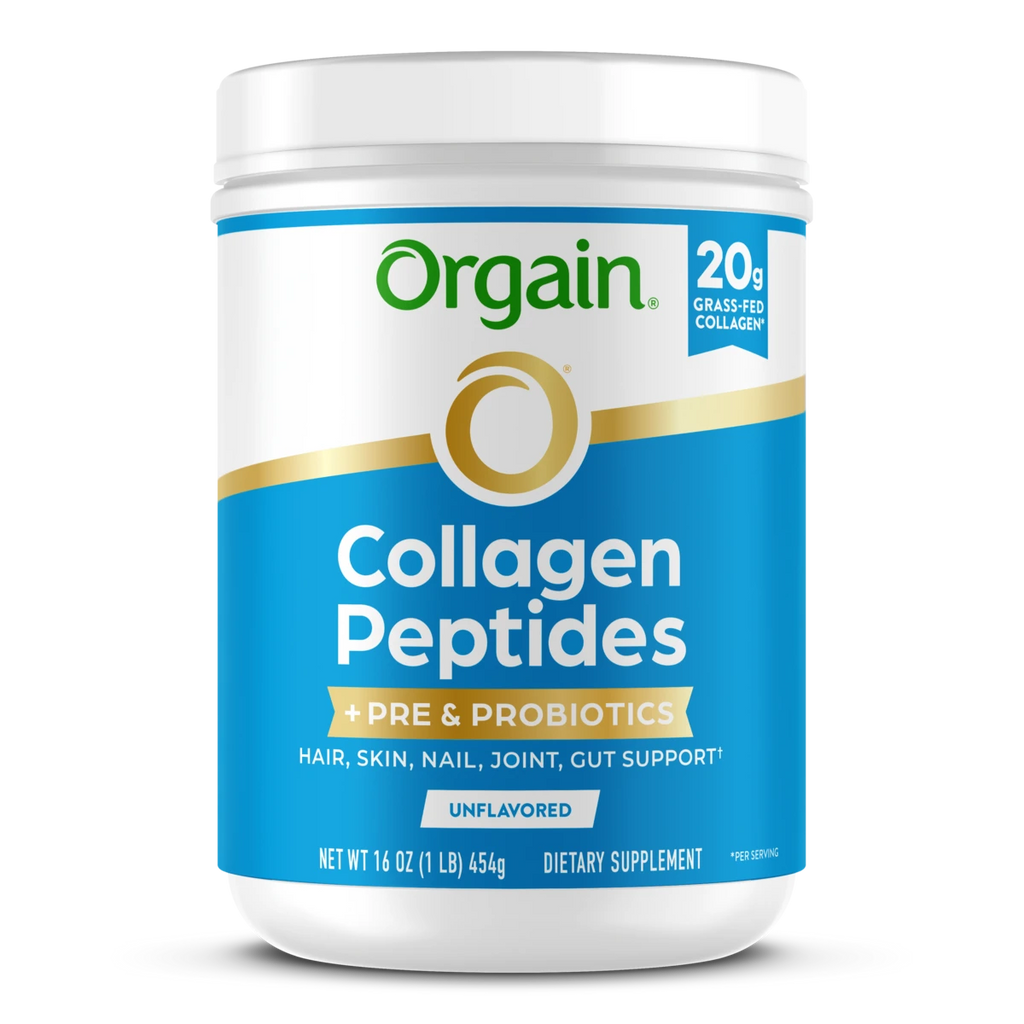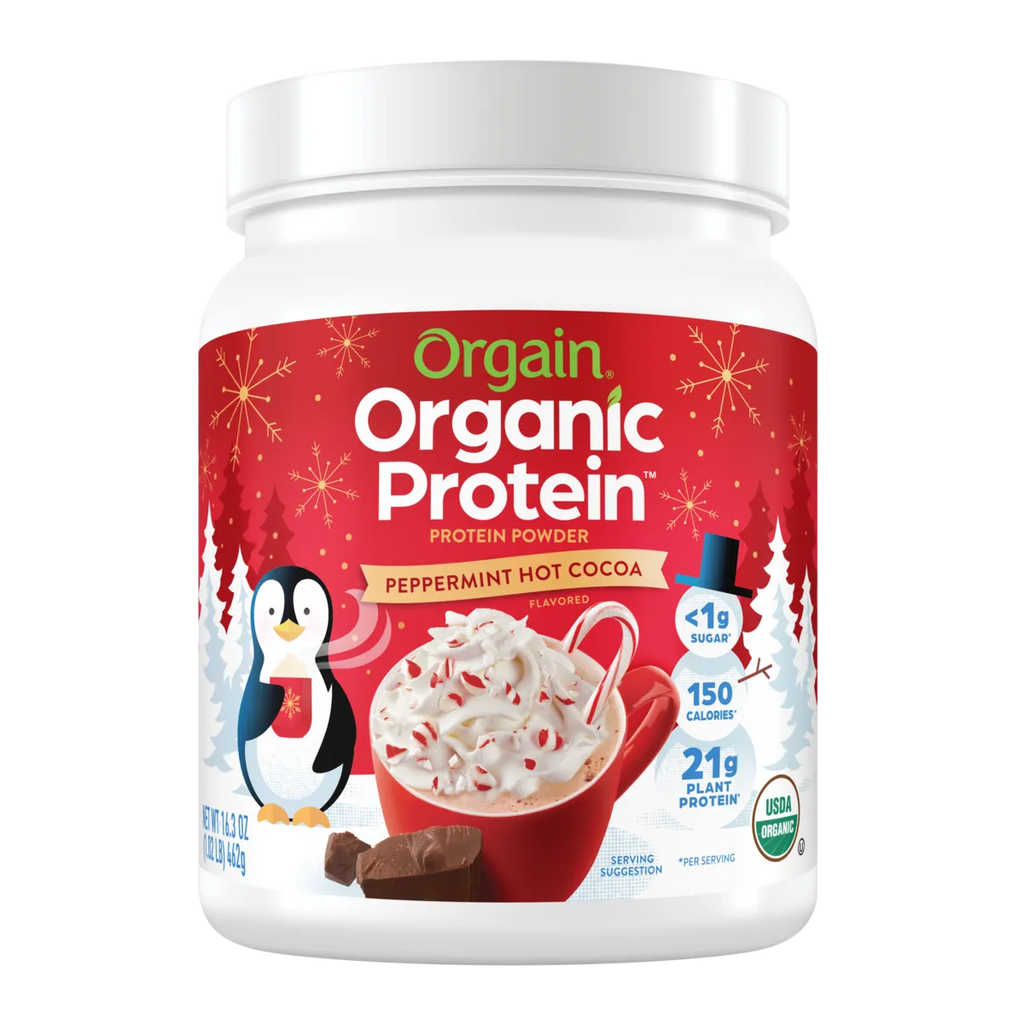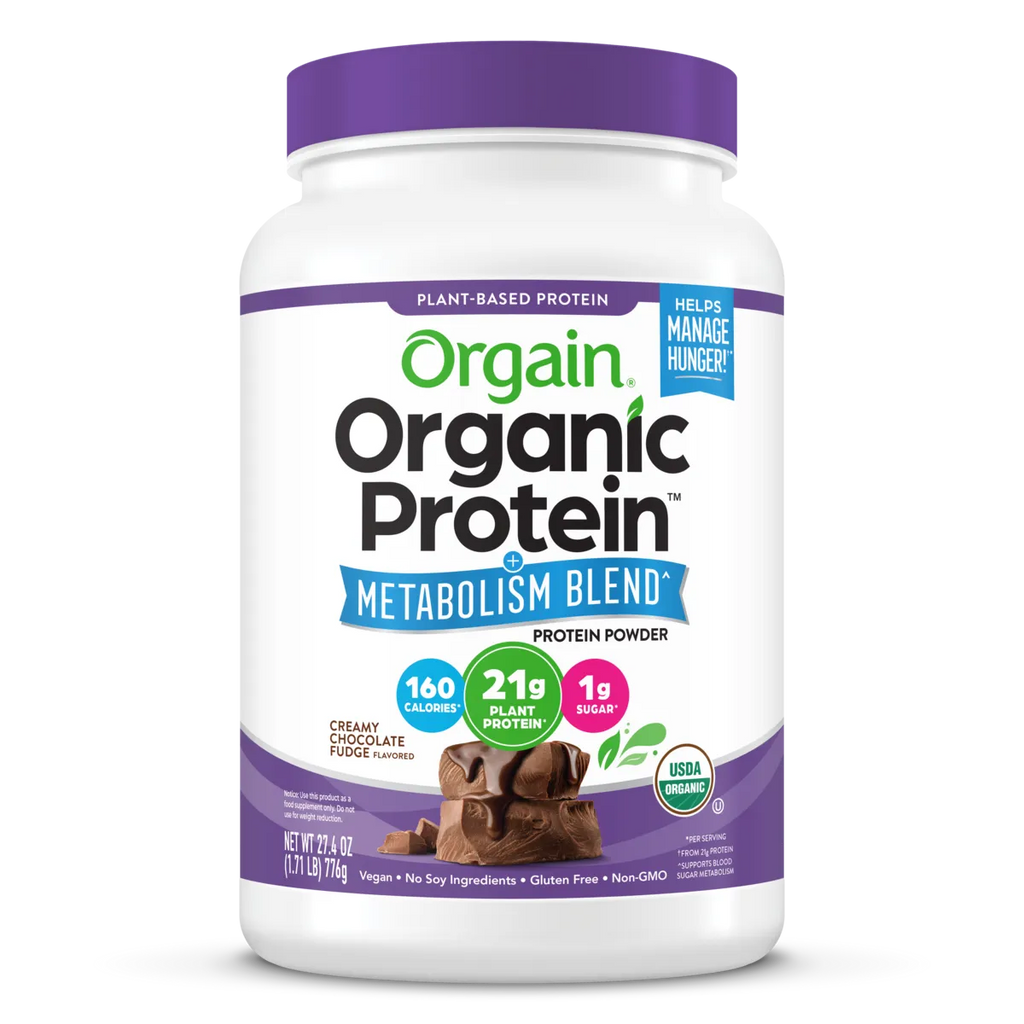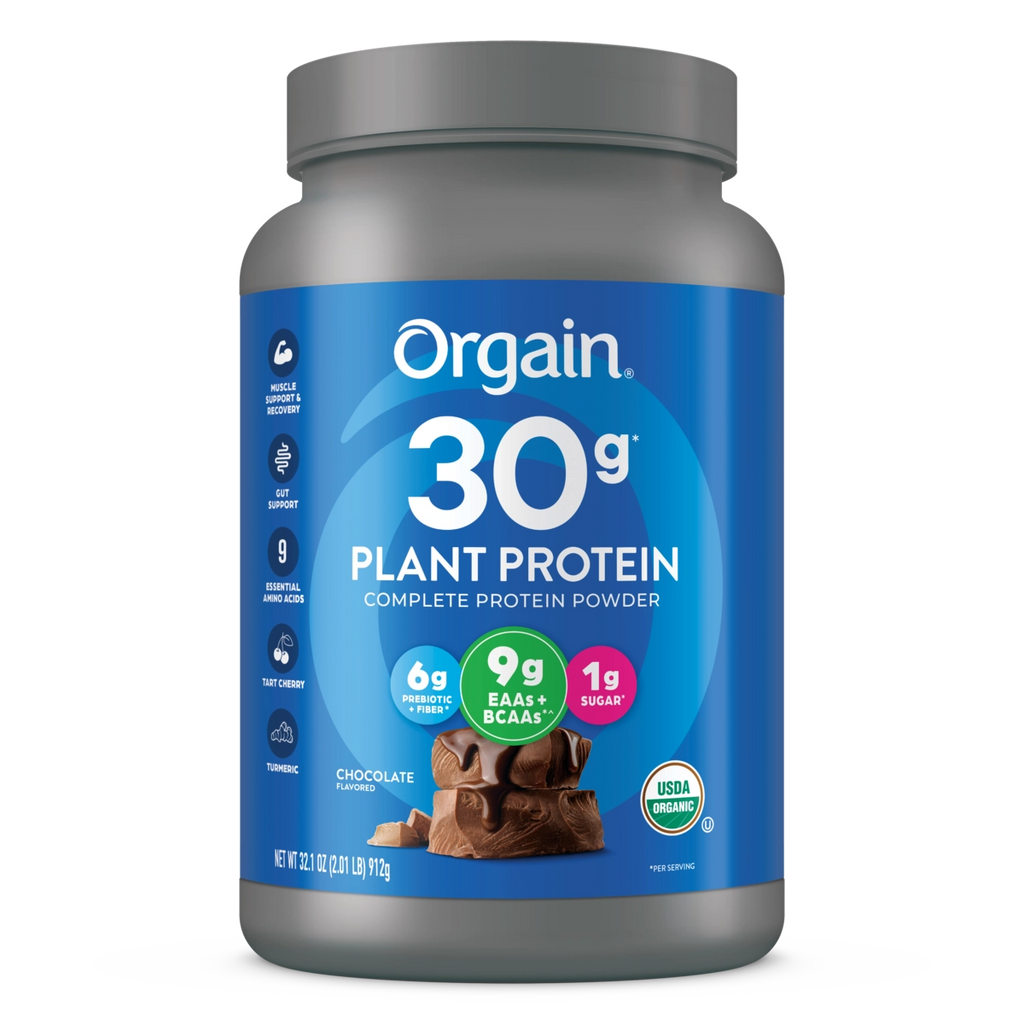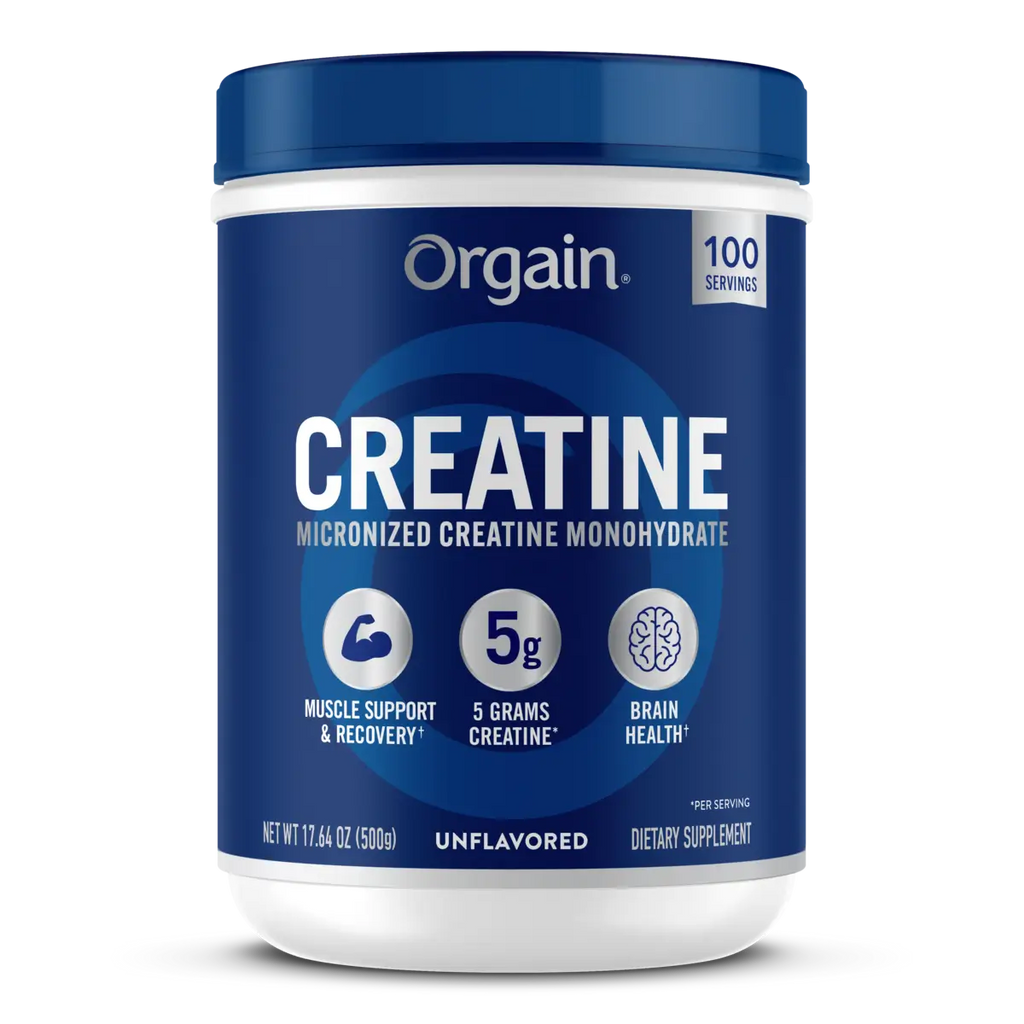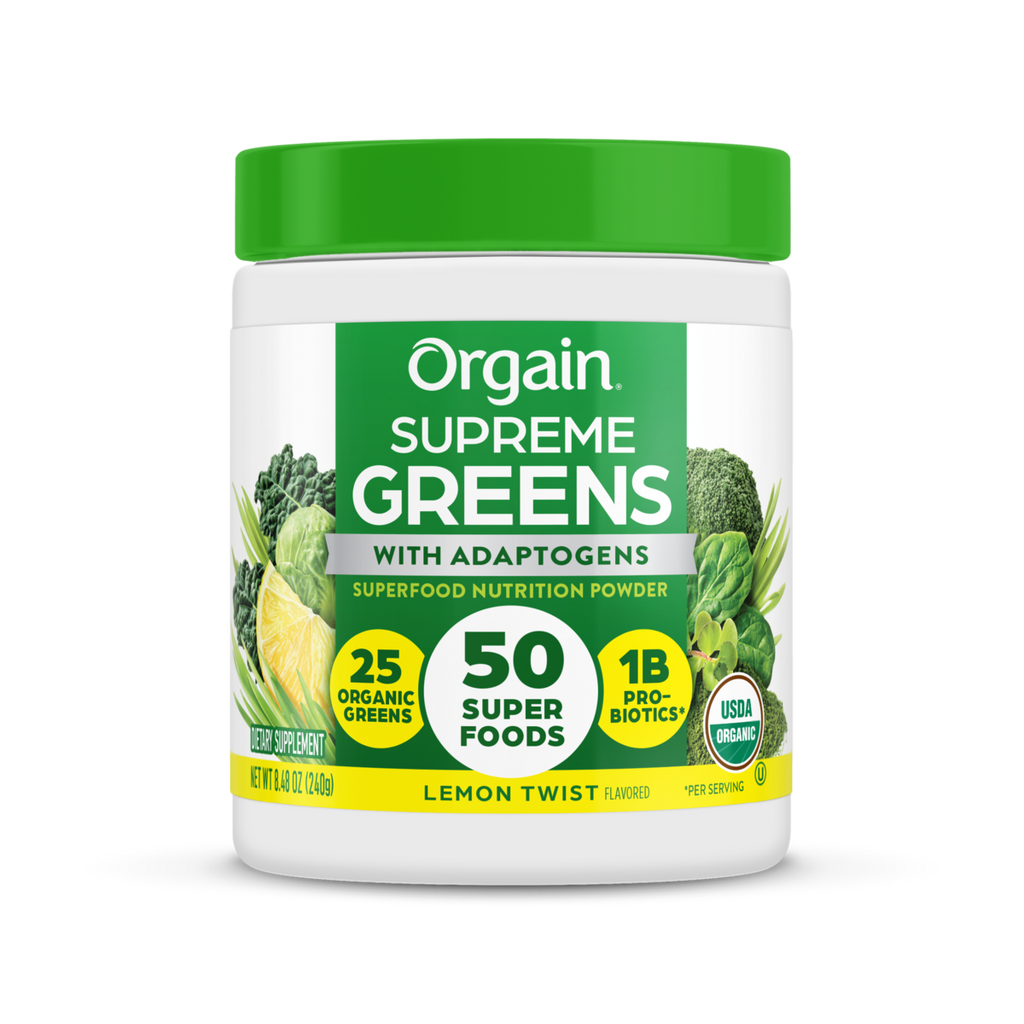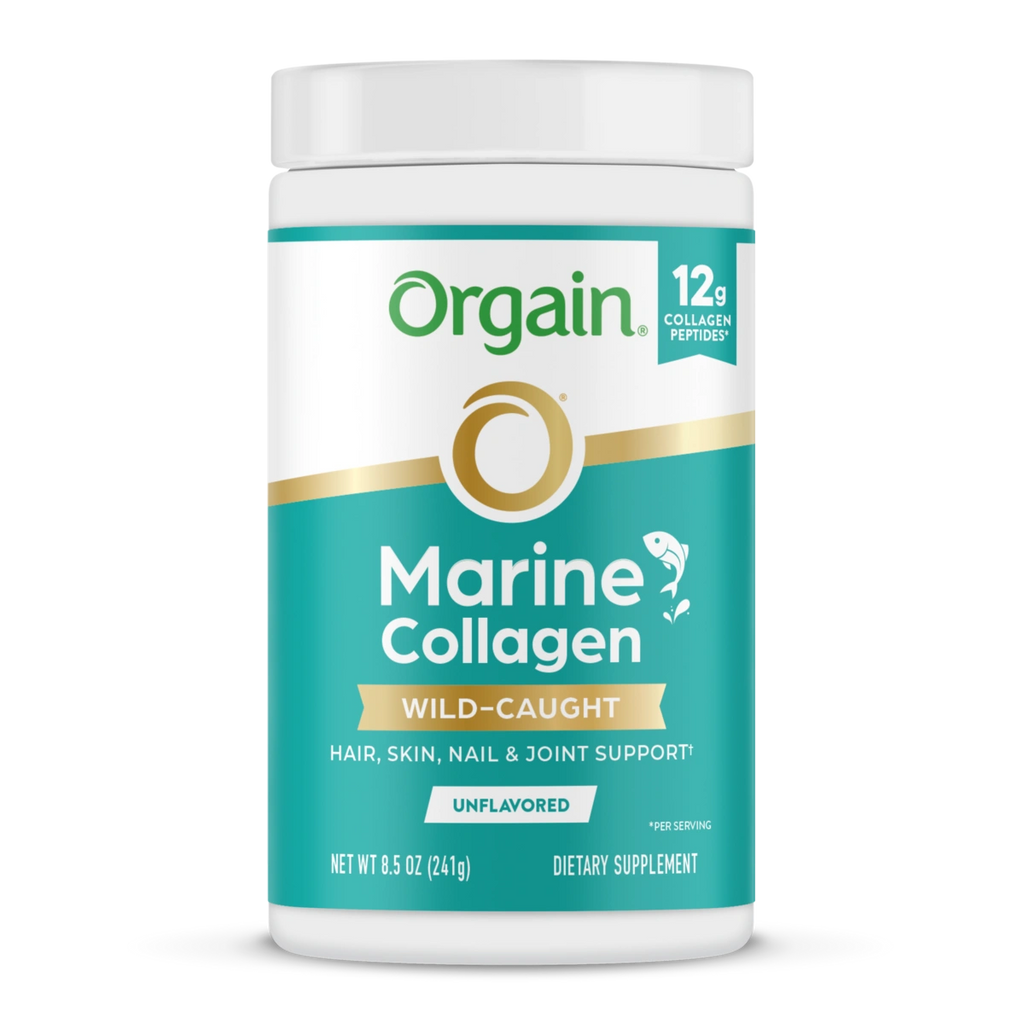If you’ve been wondering “does protein make you fat?” you might be surprised to learn some of the hidden signs you might be consuming too much protein.
What is Protein?
Most people are familiar with protein as one of the three macronutrients, or components of food. The three macronutrients include protein, carbohydrates, and fat and form the basis of all of the foods that we eat.
Protein itself is composed of amino acids, which are known as the building blocks of the cell. There are 20 different types of amino acids exist, and the body must either make them from scratch or modify them in order to obtain the amounts and types that the body needs in order to function properly. Of these 20 amino acids, 9 are considered essential, meaning that the body must obtain them from our diet. The nine essential amino acids include histidine, leucine, methionine, threonine, valine, isoleucine, lysine, phenylalanine, and tryptophan.
Our bodies rely on protein to supply the cells with the materials they need to grow, repair, and reproduce themselves. Protein is found in every cell of the body, including the skin, muscle, bone, hair, and tissues. There are approximately 10,000 different types of proteins in the body, and they perform a variety of functions like powering chemical reactions as part of enzymes and carrying oxygen to different parts of the body in the form of hemoglobin.
Is Protein Good For You?
Most people have heard advertisements for low carbohydrate diets or low fat diets, but have you ever heard of a low protein diet? Probably not. That’s because protein is good for you and is nearly universally understood to be a critical part of a healthy diet.
Without enough protein, the body can experience negative health effects associated with protein deficiency, including edema, fatty liver, problems with your hair, skin, or nails, loss of muscle mass, increased risk of bone fractures, stunted growth in children, worsening of infections, and increased appetite and caloric intake.
There are lots of reasons to make sure that your diet includes enough protein, including making sure that your body is able to carry out its simplest tasks.
Reasons to make sure that you get enough protein include:
- Reducing your appetite and hunger levels if you are trying to lose weight or reduce your body fat
- Increasing your muscle mass and strength
- Improving bone health
- Minimizing cravings and cutting down on late night snacking
- Increasing your ability to burn fat
- Boosting your metabolism
- Lowering your blood pressure
- Maintaining weight loss or a healthy weight
- Helping the body repair itself more quickly after injury or illness
- Maintaining strength and fitness as you age
While getting enough protein is extremely important, it’s possible to take in more protein than you need, which can have unintended consequences, including weight gain.
Can Consuming Too Much Protein Make You Fat?
When consumed in normal quantities, protein is a healthy and essential part of any diet, but consuming too much protein can lead to unwanted weight gain and have other negative impacts on your health. Diets that are high in protein may provide weight loss in the short term, particularly when paired with a reduction in carbohydrates. However, over the long term, these diets can be associated with weight gain because protein that is consumed in excess of what your body can use is typically stored as fat, and the excess amino acids are excreted.
Weight gain is more likely to occur when people consume too many calories while simultaneously increasing their protein intake. Studies show that weight gain is significantly associated with diets where protein intake replaces carbohydrate intake, but not when protein intake replaces fat intake. Therefore, the amount of weight gain you experience as a result of excess protein intake is likely to vary depending on the specific composition of your diet.
How To Know If You’re Taking Too Much Protein
If you don’t want to track your macronutrient intake, it’s still possible to determine whether you might be taking in too much protein. You’ll likely notice some changes in your body and in how you feel, including the following symptoms.
You Always Have To Pee
Excess protein intake is associated with dehydration, so you might notice that you’re peeing more often than usual. The body flushes out excess amino acids with fluid and water, and studies have shown that increasing protein intake can lower your hydration levels.
You’re Feeling Down In The Dumps
While eating too much protein in itself isn’t associated with feelings of depression, eating too few carbohydrates is. Eating a diet that is high in protein and low in carbohydrates can lower the levels of a neurotransmitter called serotonin, which helps to regulate your mood. Low levels of serotonin correspond to feelings of depression and other mood disorders.
You’re All Stopped Up (Constipation)
Low carb, high protein diets are associated with a significant risk of constipation due to the inadequate amount of fiber often associated with these diets. If you notice that you are experiencing constipation, you may be eating too much protein.
You’re Gaining Weight
As noted above, eating too much protein can cause you to gain weight when your body starts to store the extra protein as fat. You’ll be at a greater risk of experiencing weight gain if you consume additional calories as well.
You Have Low Energy
The body naturally uses carbohydrates as its go-to source for quick, easily digestible energy. Protein is significantly more difficult for the body to break down, so your body will require more energy to digest protein. As a result, you may find yourself feeling more tired or fatigued than usual if you’re eating too much protein and not receiving enough carbs.
You Have Bad Breath
Eating too much protein and reducing your carbohydrate intake can cause your body to enter a metabolic state called ketosis, in which the body starts to burn fat for energy. When this occurs, the body begins to produce chemicals called ketones that can create a fruity, unpleasant smell in the mouth that can’t be removed by brushing or flossing. Eating a lot of animal protein, especially meat, can also make your mouth a breeding ground for bacteria that can make your breath smell.
You’re Thirsty All The Time
Eating too much protein puts a strain on your kidneys and can also cause the body to produce excess nitrogen waste, which is a side effect of dehydration. The body recognizes the additional nitrogen waste and makes you feel thirsty even when you’re not dehydrated, which means you could take in more water than you really need.
Hormonal Changes
Eating too much protein can cause hormonal changes by changing the balance of bacteria in your gut, particularly when you eat too much meat.
How Much Protein Is The Right Amount?
Making sure that you get enough protein is just as important as making sure you don’t eat too much of this important macronutrient.
Experts recommend that adults who engage in minimal physical activity consume a daily average of 0.8 grams of protein per kilogram (kg) of body weight. People who exercise with weights or bodyweight for one hour or more on most days of the week may be able to eat between 1.2 and 1.7 grams of protein per kg of bodyweight per day. Weightlifters and elite athletes may be able to eat up to 3.5 grams per kg of body weight per day without experiencing any negative effects, but this is a very small portion of the population.
Studies show that most adults in good health are able to tolerate about 2 grams of protein per kg of body weight per day for long term consumption.
Best Sources of Protein
Contrary to popular belief, you don’t need to eat a lot of meat in order to get enough protein to meet your body’s daily needs.
Healthy sources of protein include:
- Wild fish
- Grass-fed and organic dairy products
- Nuts
- Whole grains
- Legumes
- Eggs from pastured hens
- Grass-fed lean meats
- Pasture-raised poultry
High quality protein powders can also be an excellent source of protein, particularly for people who do not eat meat or who struggle to obtain enough protein through food alone.
Conclusion
While it’s important to get enough protein to meet your body’s daily needs, eating too much protein can cause weight gain and a number of other unpleasant symptoms.
Wherever you get your protein intake from, ensure that you choose high quality, healthy sources of protein like grass-fed lean meats, legumes, and organic protein powders.
Sources:
Protein | The Nutrition Source | Harvard TH Chan School of Public Health
8 Signs and Symptoms of Protein Deficiency - Healthline
10 Science-Backed Reasons to Eat More Protein - Healthline
Dietary protein intake and human health - Food & Function (RSC Publishing) DOI:10.1039/C5FO01530H
High protein diets cause dehydration, even in trained atheletes - Eureka Alert
